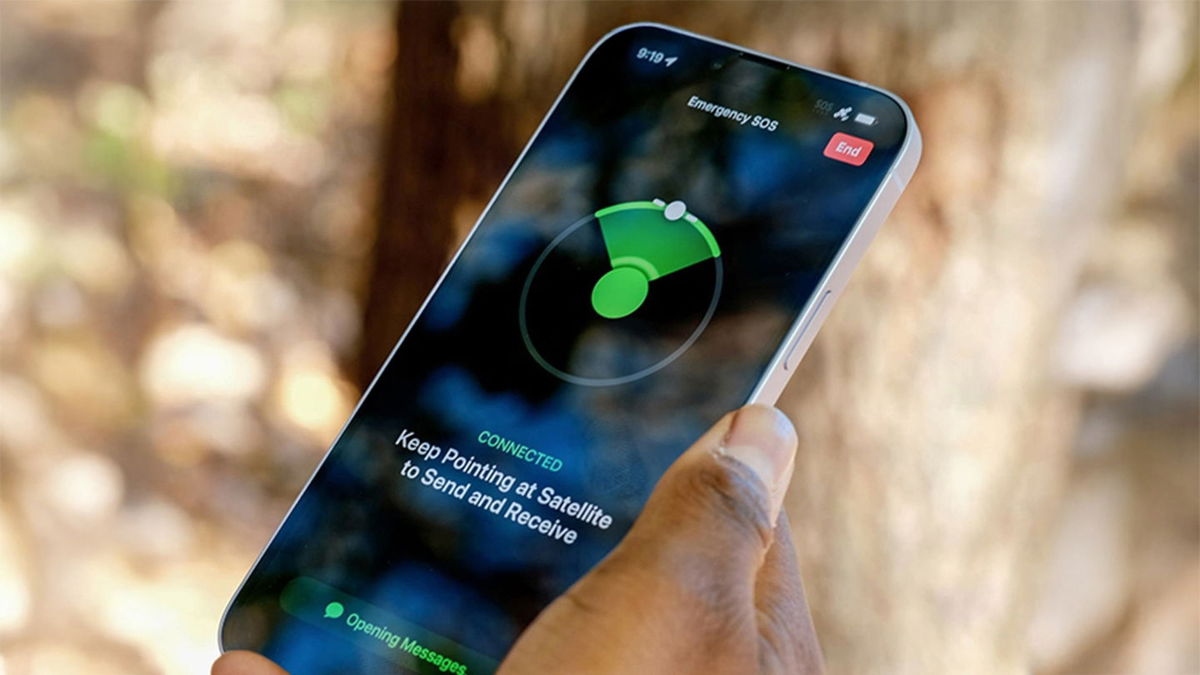There are many reasons why a person might decide to chew gum. From replacing brushing your teeth when there is no access to a source of water, to relieving anxiety, including, of course, its pleasant taste. These are all perfectly acceptable reasons, although if it is caused by anxiety, perhaps we should find out what the source of that anxiety is rather than smear the wound with chewing gum. Leaving this aside benefits of chewing gum This is a reality that goes much further. At least when it comes to chewing gum without sugar.
He recently explained this in an article for Science Alert researcher from Tufts University and the University of Washington: Taylor Wallace.
According to this scientist, the benefits of chewing gum are mainly twofold. On the one hand, it helps improve your diet people who consume it. And, on the other hand, it is very useful for oral health. Both questions need some clarification. But from this alone we can see that chewing gum can be a great idea.
Benefits of Chewing Gum to Improve Your Diet
In studies conducted by Wallace’s team, as well as other groups of researchers, it was observed that people who habitually chew gum have a healthier diet. But what happened before? Chicken or egg?
That is, does a healthy diet in any way include chewing gum or does chewing gum lead to healthy eating? Both things can likely happen, but the most common is that chewing gum leads to healthier eating.
It’s because it helps reduce appetiteespecially from sweet snacks. Therefore it is very useful for do not snack between meals. Moreover, as Wallace explains, it has been observed that people who eat less sweets and chew gum end up making it a habit. It is logical that it is important that it be sugar-free chewing gum. Otherwise, it would not make sense to accept one sweet to exclude another. But these are not the only benefits of chewing gum. Your oral health can also improve with this simple habit.
Impact on oral health
In fact, the benefits of chewing gum for dental health have been known for a long time. For example, a study was published in 2009 that analyzed differences in saliva pH after taking chewing gum or lozenges. Logically, in both cases, saliva production was encouraged, but when using chewing gum, its pH level was maintained at an optimal level. between 6.5 and 7.
When we eat sugary foods, bacteria in our mouth break down the sugar, producing acids that They significantly lower the pH of the oral cavity. This facilitates damage to the enamel and stimulates the action of bacteria, which ultimately cause tooth decay.
However, when chewing sugarless gum, this pH is much better regulated. If we add to this the healthy eating habits we have already seen, the pH level will remain even more stable.
In short, the benefits of chewing gum are very interrelated with each other. If we chew gum, our appetite will decrease and we will eat fewer sweets and snacks between meals. In turn, the bacteria will have less material to feed on, which can damage the enamel and cause infections in the mouth. This will also be facilitated by the pH of the saliva, which will help balance oral aciditywhich further prevents exposure to bacteria and provides double protection to the enamel.
Although we sometimes chew gum to freshen our breath in case we are unable to brush our teeth, it should not replace oral hygiene. Yes, an addition, but not a replacement.

Benefits of chewing gum that remain to be studied
Finally, it turns out that chewing gum for anxiety is not just a vice. It has also been observed that it can help improve stress and anxiety. However, the reasons remain a mystery. Moreover, the studies that have been published in this regard have been conducted with small numbers of participants or using inadequate methodology, so more research will be required.
Be that as it may, one thing is clear: the benefits of chewing gum are beyond doubt. Let’s start thinking about this the next time we decide whether we should take it.
Source: Hiper Textual














